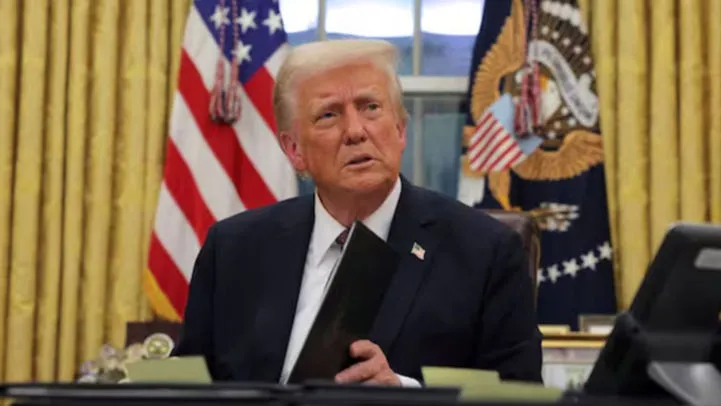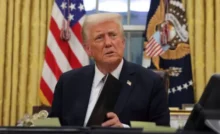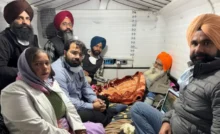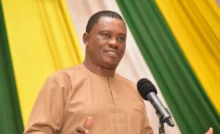Amidst deliberations over the synchronization of electoral processes in Jammu and Kashmir, Chief Election Commissioner Rajiv Kumar affirmed on Wednesday that the Election Commission will determine whether to conduct Lok Sabha and Assembly elections concurrently or separately. This decision, he emphasized, would be based on a comprehensive review of the prevailing security situation and inputs gathered from various stakeholders.
Addressing concerns regarding the perceived delay in organizing assembly elections in the Union Territory, Kumar clarified that the requisite processes, including delimitation and legislative procedures, were concluded only in December 2023. “The changes occurred in December 2023, and we find ourselves in March… We recognize our duties, understanding the importance of avoiding any political vacuum and expediting the electoral process,” Kumar remarked during a press interaction at the culmination of his three-day visit to Jammu and Kashmir, aimed at assessing readiness for the impending parliamentary elections.
Regarding the possibility of holding assembly elections alongside the forthcoming general elections, Kumar disclosed that the Commission had solicited feedback from a spectrum of stakeholders, encompassing political entities, security agencies, and administrative authorities. “We evaluated the feasibility of conducting both elections simultaneously or sequentially. The final decision will hinge upon a thorough evaluation of the security landscape and the insights garnered,” he stated, underlining the potential security ramifications associated with concurrent elections, particularly in the context of Jammu and Kashmir.
Asserting the Commission’s equitable commitment to both parliamentary and assembly elections, Kumar rebuffed criticism leveled against the perceived delay in the scheduling of assembly polls. “We engaged in discussions with representatives of national and regional political parties, where concerns were raised regarding the purported delay. It’s imperative to clarify that the Election Commission has not been remiss in its responsibilities,” he affirmed.
Elucidating the timeline leading to the current juncture, Kumar elucidated the legislative journey initiated by the Jammu and Kashmir Reorganisation Act of 2019, followed by the delimitation exercise culminating in 2022. The resultant recommendations, he explained, necessitated alignment with the legal framework, which materialized through the Jammu and Kashmir Reorganization (Amendment) Act enacted in December 2023.
This amendment, Kumar underscored, incorporated the delimitation commission’s proposals, including an increase in assembly seats to 90, with provisions for reserved seats for Scheduled Tribes and migrants from Pakistan-occupied Kashmir.
Furthermore, Kumar highlighted specific provisions of the amended act, such as the reservation of two seats for migrants, one of which is designated for a female candidate, along with facilitating nominations for displaced persons from Pakistan-occupied Kashmir.
As the Election Commission navigates the complexities of electoral planning in Jammu and Kashmir, the forthcoming decisions are poised to shape the political landscape and the democratic trajectory of the region.










